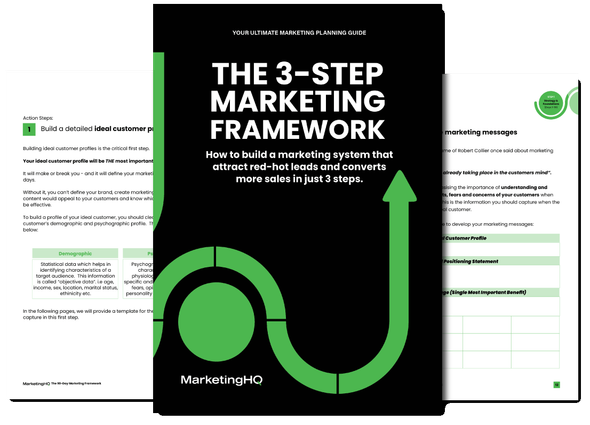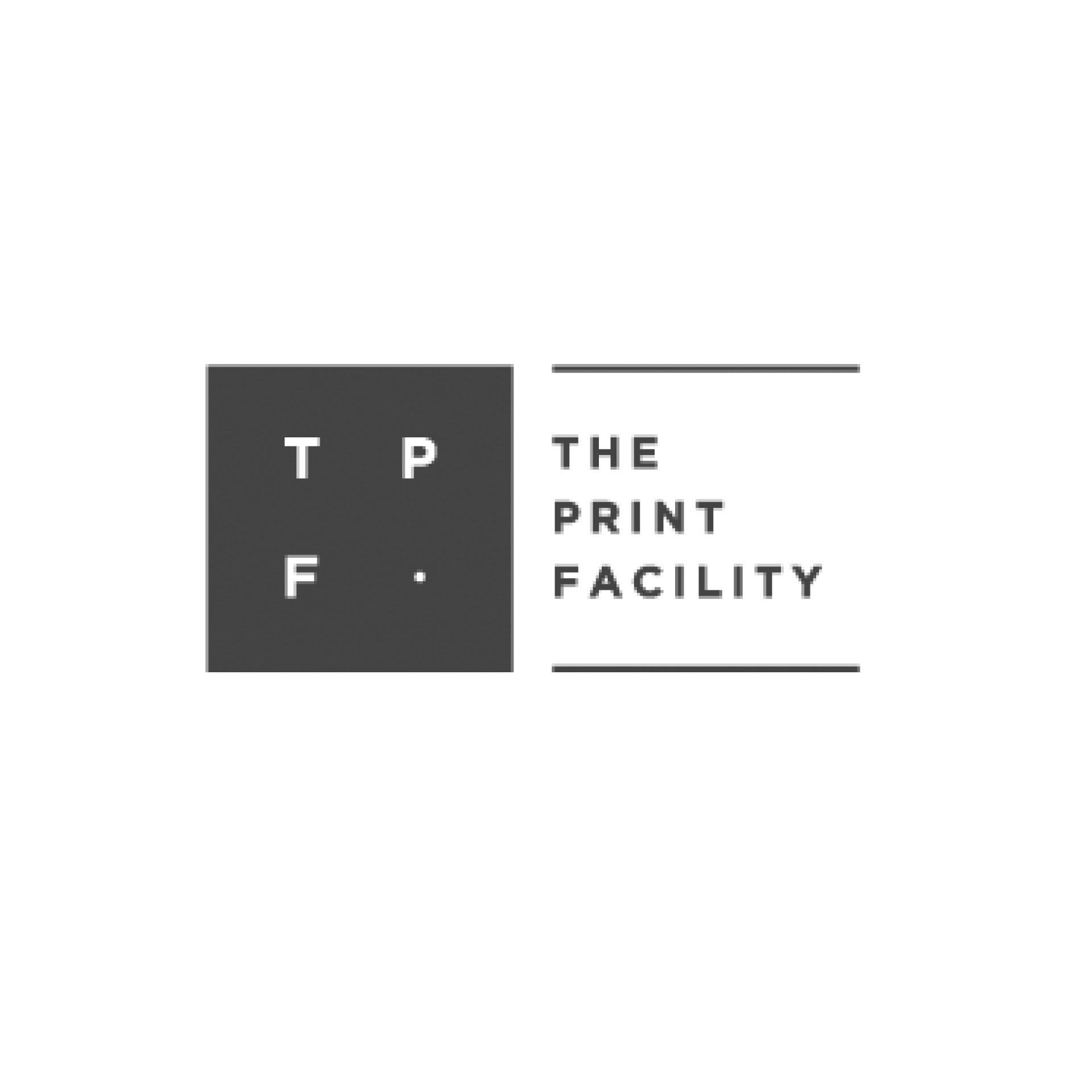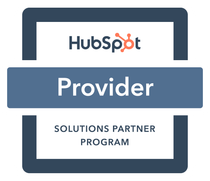HELPING BUSINESSES ACCESS MARKETING STRATEGY THAT DRIVES GROWTH
Drive growth with strategic marketing leadership
Don't let your marketing hold you back.
Get strategic leadership, accountability and structure with a trusted
Fractional Chief Marketing Officer (CMO).
Why choose a Fractional CMO over a
Full-Time Marketing Director?
Expertise you need
A Fractional CMO provides access to a senior marketing leader with experience in developing and implementing effective marketing strategies.
Cost you can afford
Don’t compromise on the quality of your marketing due to cost. A full-time CMO will cost over $200k per year. With a fractional CMO, you can access the same expertise at a fraction of the cost.
Measurable results
Your fractional CMO will give you visibility over your reporting and the return on your marketing investment.
DOWNLOAD YOUR FREE
3-STEP MARKETING FRAMEWORK

Learn how to create a marketing system that attracts leads and convert more sales today!
- Discover the critical first-step that is the difference between marketing success and failure.
- Learn how to create marketing messages that work and has customers knocking down your door.
- See how to setup your own marketing system to drive long-term growth.
What does a Fractional CMO do?
A Fractional CMO is the designated leader of marketing within a business. Just as successful businesses have a leader in charge of finance, sales, operations and technology, a Fractional CMO leads the marketing strategy and marketing department, but in a part-time capacity.
Businesses often need the help of a marketing leader, but the cost of employing a CMO can be cost-prohibitive. An experienced CMO can demand over $200k per year, which is a significant investment, particularly if the business is investing in other areas and can’t justify employing a staff member full-time. A Fractional CMO is a better option to gain access to C-suite-level marketing expertise for a fraction of the cost of employing a CMO full-time.
Case Study
Over 30% Revenue Growth YOY since 2022
With a laser focussed brand strategy and customised lead-generation funnel, we have increased this clients revenue by 30% YOY for the past 4 years.
















